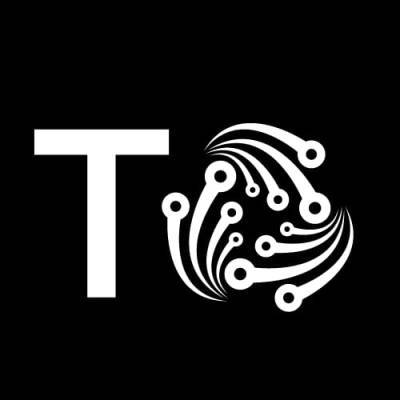Text
Biotech Breakthroughs in 2018
The biotech field is in a constant state of evolution, and gene editing has become one of the most promising technologies. It's the ability to alter DNA at specific sites in the genome with precision, potentially deleting or inserting a new gene to treat a disease. The most common methods of genome editing utilize engineered nucleases that act as molecular scissors, which target specific regions of the DNA and induce double-strand breaks at those sites. These are then repaired through non-homologous end joining or homologous recombination, creating targeted mutations ('edits').
This technology holds great promise in areas such as synthetic biology, human gene therapy, disease modeling, drug discovery and neuroscience, but it also raises a number of ethical questions about what it could mean to use this technology in germline gene modification. Some fear that, if used widely enough, genome editing could lead to classes of individuals defined by their engineered genes and could potentially open the door for designer babies.

Genetic diseases, including many types of cancer, are often caused by a single faulty gene. The idea that a single gene or group of genes might cause disease has been around since the 1950s, when scientists first recognized that techogle.co DNA is passed faithfully from parent to child, carrying the blueprint for life's physical and behavioral characteristics.
In 2018, the development of genome editing has made it possible to identify and replace a defective gene to prevent or cure disease. Scientists can use this technique to identify and replace the genes responsible for a variety of diseases, including Alzheimer's disease, Parkinson's disease, cancer, and rare disorders.
Scientists develop protocols to sequence long sections of DNA, and researchers clone the gene for a protein that controls the activity of insulin-producing cells in bacteria. This enables the production of the first genetically engineered insulin.
The first gene-based pharmaceuticals are developed, including a monoclonal antibody to fight kidney transplant rejection and a vaccine for hepatitis B. A new class of drugs, called interferons, are created to prevent a complication of AIDS, Kaposi's sarcoma.
Biotech advances make it easier to collect and analyze data from clinical trials, speeding up the drug-development process and helping doctors better determine a patient's underlying condition. These advancements have made it possible for more patients to enroll in clinical trials and help improve the effectiveness of treatments.
When asked about the impact technology news of gene editing on society, Americans are mixed on its potential benefits and risks. Some 39% think widespread use of gene editing would greatly reduce a baby's risk of developing serious disease over their lifetime, while 55% say it would only have an average or smaller effect. In addition, 39% say it would increase the gap between higher- and lower-income people, while 27% think it would decrease the gap.
1 note
·
View note